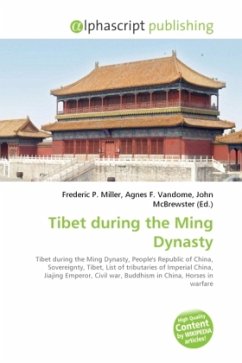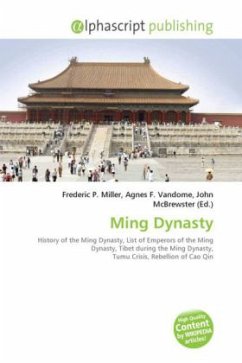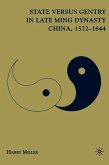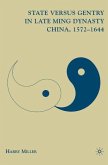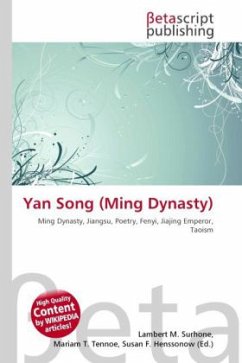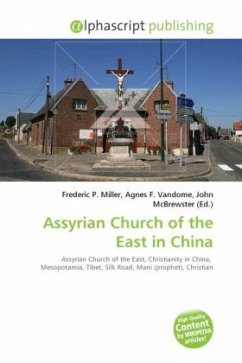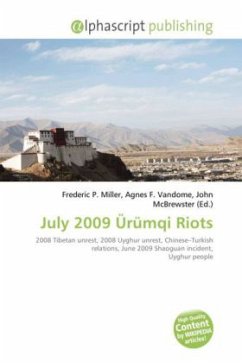The exact nature of Sino-Tibetan relations during the Ming Dynasty of China is unclear. Some modern scholars living and working in the People's Republic of China, such as Wang Jiawei & Nyima Gyaincain, assert that the Ming Dynasty had unquestioned sovereignty over Tibet, pointing to the Ming court's issuing of various titles to Tibetan leaders, Tibetans' full acceptance of these titles, and a renewal process for successors of these titles that involved traveling to the Ming capital. Scholars within the PRC also argue that Tibet has been an integral part of China since the 13th century, thus a part of the Ming Empire. But most scholars outside the PRC, such as Turrell V. Wylie, Melvin C. Goldstein, and Helmut Hoffman, say that the relationship was one of suzerainty, that Ming titles were only nominal, that Tibet remained an independent region outside Ming control, and that it simply paid tribute until the reign of Jiajing, who ceased relations with Tibet.Some scholars note that Tibetan leaders during the Ming frequently engaged in civil war and conducted their own foreign diplomacy with neighboring states such as Nepal.

